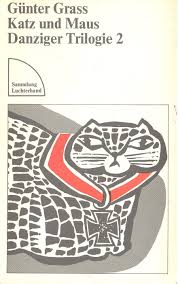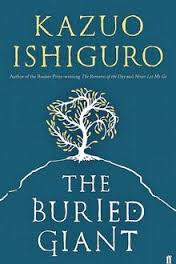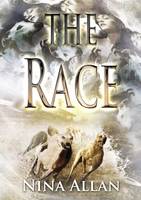The piece I’m working on at the moment is a story about climate change. It’s part of a project I’ve been asked to contribute to, and it’s particularly interesting to me as a work in progress because I’ve chosen to approach it by revisiting characters that first appeared in a much earlier story. I like this kind of challenge, not only because it gives me the opportunity to answer at least part of a question I’m frequently faced with – what the hell happened next? – but also because extending a story in this way casts a fascinating backward light over the original piece. My two-part story ‘En Saga’ was built like this, so too, in a way, were my story cycles The Silver Wind and Stardust, although each of the chapters in these sequences was written in the knowledge of others to come.
I can’t say much about my own climate change story yet – the project it’s a part of is still under wraps – but I do want to talk about another climate change project that’s caught my attention recently. The writer Nicky Singer, perhaps best known for her YA novel Feather Boy, is currently running a Kickstarter to produce and launch a new novel, Island, an adaptation of her own play for young people originally staged at the Cottesloe in 2012. Island tells the story of Cameron, a young boy who travels with his mother to an island close to the Arctic Circle and his growing awareness of the calamity being wrought there by climate change. Nicky was inspired to turn her play into a novel after receiving enquiries from people who’d seen the play and who wanted to know what had happened to Island: was there a book? Would there be another play? How could they bring the story to a new and bigger audience?
Nicky has written the novel – but as she has discussed in a recent interview, her long-term publisher has turned it down on the grounds that it’s ‘too quiet’:
“In its previous incarnation, as a play at the National Theatre, it was quite a noisy thing. It played to sell-out audiences in the Cottesloe, did a thirty-school London tour and enjoyed a raft of four-star reviews…I liked the extra space in the book. My day-job is as a novelist. I believed I made a pretty good fist of the re-write. In fact, I rather thought the last 100 pages were some of the best I’d ever written.
My long-term publisher disagreed. ‘It’s too quiet,’ they said, ‘for the current market’.”
Well, I thought this was shameful, to be honest. Not only is there a desperate need for books like Island, an audience demand for this particular book has already been demonstrated. I could write a long screed – indeed I may already have written a few – about how publishers have been falling into the trap of underestimating their audiences. But suffice it to say that I feel almost as passionately about this as I do about the urgent necessity of confronting climate change. In a case like this, where the two matters are so intrinsically linked, it seems the most appropriate thing for me to add is please support this project, if you can, either by pledging or simply by passing on the information.
The production of the finished book will be overseen by Charles Boyle of CB Editions. If you needed another reason to support Island, there’s one right there. CB Editions are magic – one of the best indie presses currently on the scene (I bought their edition of Andrzej Bursa’s stories before I even knew they existed, if you see what I mean, and more recently they’ve put out books by Agota Kristof, Will Eaves, and May-Lan Tan, whose collection Things to Make and Break made the Guardian First Book Award shortlist in 2014. Charles’s blog is also fantastic). You can read an extract from Island at Nicky’s Kickstarter page – I have, and it’s beautiful: sure, muscular, compelling writing that draws you instantly into the story and towards the characters. I know kids would love this book, would respond to it – and perhaps the most vital part of Nicky’s project is her aim of taking Island into schools, of talking to young people directly about the issues raised and getting them to think about and discuss what’s being done to our planet and what we can do about it.
I think this is the crux of it, really. One of the most insidious things about our current predicament is how powerless we, as ordinary citizens, feel with regard to effecting change. There are things we can do, though – we can talk, write, argue, discuss, refuse to be blindfolded. It seems to me that Nicky is reaching out to do all of these things, and that we should support her.
I’d also highly recommend you read the rest of Nicky’s interview here – it’s a brilliant piece, perceptive and enlightening in so many ways.


